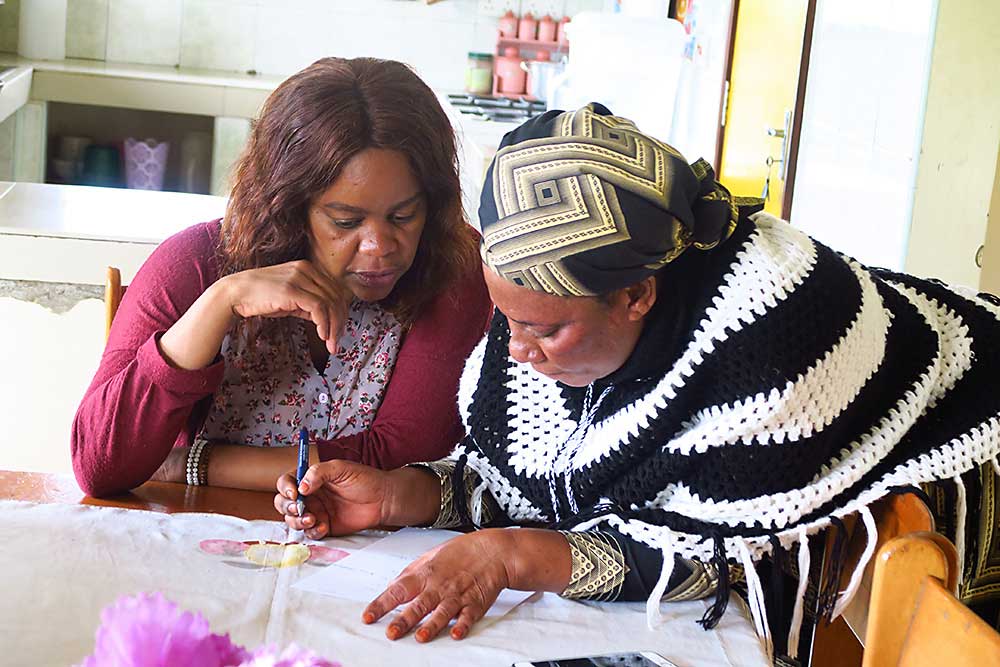Session 12/21
Page 2/3 Roles and relations in corporation with your employerRoles and relations in corporation with your employer
The outcome of foster care depends very much on your social network, and the most important part of this is relations with the authorities who employ you as a foster family.
Topic A: Cooperating with the social worker


The social worker is responsible for defining the problems and needs of the child in cooperation with the parents, for selecting a placement type, and for creating a long-term plan for the placement. All these tasks are defined by the legislation in your country. Social workers and foster families see the placement from very different angles. The social worker has the duty of seeing the biological family as a whole and often focuses on the rights and needs of biological parents. The social worker is also bound by legislation and court decisions (such as a court ruling that the child should be returned to the biological family). Your foster care is one of many cases that he or she has to manage and sometimes the time for contact with you can be very limited due to a large number of cases. Another challenge can be that his or her workplace is often reorganized and that a social worker may change job or position. This can make it difficult for authorities to create a long-term and sufficient relation with the foster parents.
The foster parents see the placement from a very different angle – they are of course much closer to the child, they know the feelings and problems of the child and have established emotional bonds with it. This makes it clear that the two positions can produce contradicting ideas about what is possible and what is “in the child’s best interest”. The professional task of the foster parents is to understand the difference between these positions and not see them as a personal matter. This can in some cases be very challenging, but research indicates that the best development in the child is produced by a good relationship and understanding between the social worker and the foster parents.
- Ask the social worker for a paper describing your tasks and the most important goals in your work with the child in foster care. This paper will make it easier for the next social worker if there is a change in the person who works with you.
- Ask the social worker what kind of contact (and how often) you can expect to meet while the child in your care.
- Did you have a first meeting with the social worker, which gave you a clear understanding of your contract, the nature of the task, and what authorities consider a good outcome of your work?
- How often do you talk to the social worker and do your dialogues lead to agreement and cooperation?
- Has the social worker defined how often the child should meet its biological parents, and how this is conducted?
Topic B: Cooperating with instructors and/or the manager from the foster family organisation

In some countries, a social unit provides training and supervision for foster parents. Sometimes they also manage the contract concerning the placement. This is taken care of by foster parents managers and/or supervisors. The function of these people is: To assist you in developing professional relations with the child, reflect with you on difficult problems and solutions in daily life, and discuss how to practice and plan your daily work with the child. Because their function is to support your work, and because they work closely with foster parents, they will probably be much more familiar with the way you see the foster care. This means that you should try to be as open-minded as possible and also describe the very personal challenges you can experience in your work as foster parents.
- How do you feel about telling the person about difficult challenges in the relationship with the child or its parents?
- How do you feel about talking about your personal challenges in working with the child or marital problems in the foster family that can affect the foster care relation with the child?
- Before you have visits from the person, think about or write a short list of the most important things you need to talk about. If possible, send it to the person before the meeting.
- If you find it difficult to talk about personal problems that affect you, tell the person. When you are foster parents, it might be necessary to talk about very personal feelings, because your personal reactions are now also part of your professional work. So you and the supervisor must help each other to find the limit between what is private and what must be discussed because it influences your professional way of giving care.
- The task of fostering a child can be very difficult, and you may sometimes be disappointed with the system that is supposed to assist you, or sometimes disagree with the decisions it makes. We suggest that you tell the supervisor this if it happens, but also that you keep a realistic and open-minded attitude in spite of problems. Conflicts between foster parents and authorities or supervisors never benefit the child in the long run. However, you should always insist on a kind way to get the support you need to perform your job.
